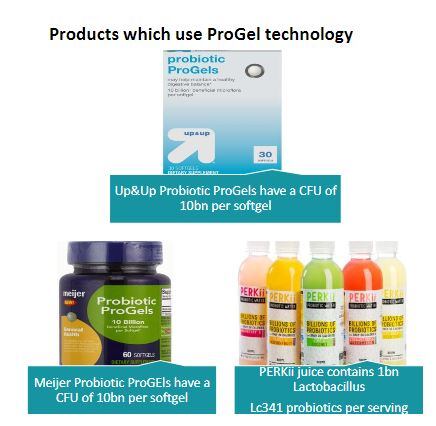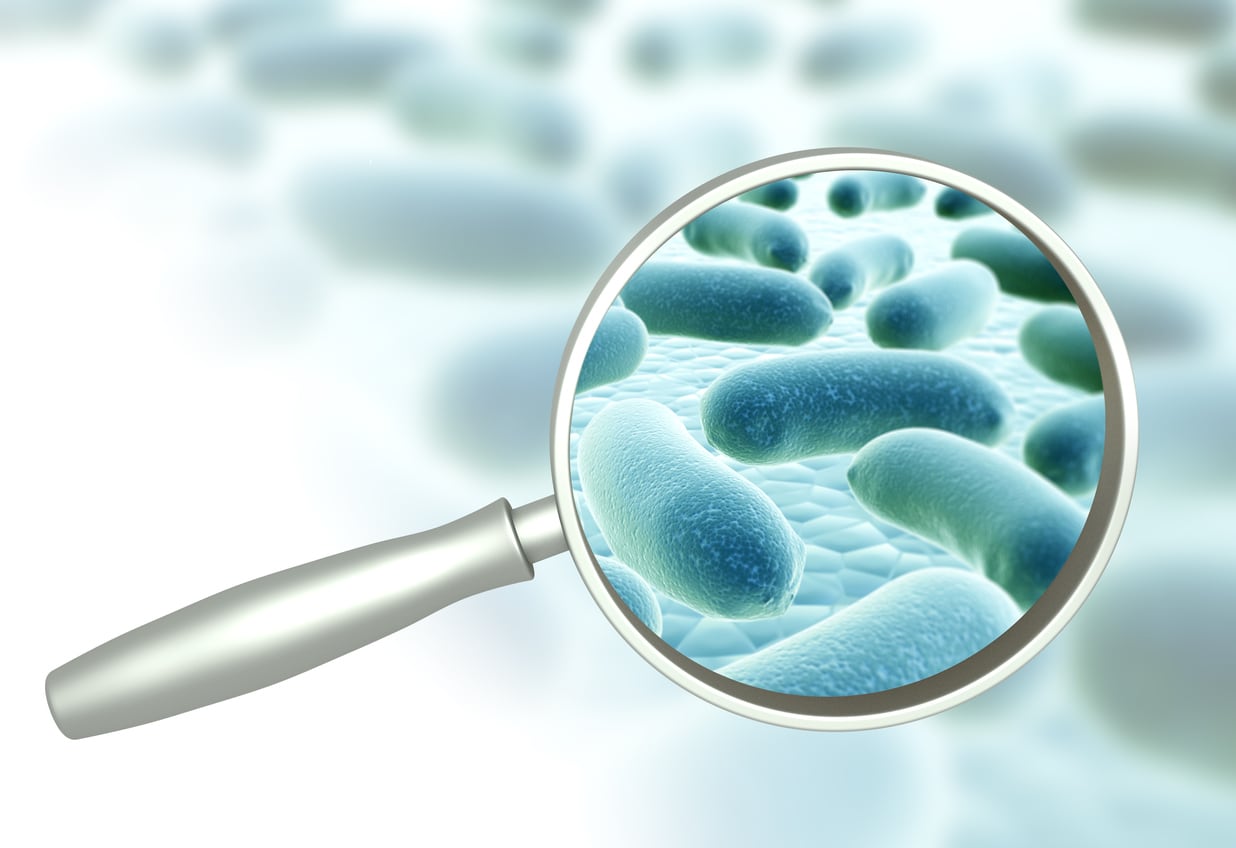Conclusions drawn from Lumina Intelligence research reveal that differences in these delivery systems, which include BIO-tract, microencapsulation and delayed response capsules, will become key to differentiate products from key competitors.
The research highlights its current use as a business-to-business tool due to a lack of consumer understanding. However, analysts also recognise that through education consumers are gaining more awareness of these delivery systems.
“A high CFU or a wide range of strains, for a particular health benefit, does not necessarily mean a more efficacious supplement will be key to growing the importance of the delivery system,” the report stated.
“If consumers are not fully aware of the benefits a delivery system can offer, terms such as “arrive alive”, “targeted release”, “acid resistant” etc will be far more beneficial.
“Manufacturers still have some way to go in terms of leveraging the complete benefits of the delivery system to aid in bringing in, and retaining, consumers for a particular brand of probiotic supplement.”
Symprove and ProGel

Along with BIO-tract, microencapsulation and delayed response capsules, lyophilized probiotic bacteria represent the latest wave of delivery systems that promise improved probiotic stability during the digestion process, protection of the bacteria from an acidic and high moisture environment and aid in the prevention of unpleasant odours and tastes from unpalatable ingredients.
One of the delivery systems highlighted by Lumina is one offered by UK-based company Symprove, which makes available a probiotic supplement to address gastrointestinal conditions such as Irritable Bowel Syndrome (IBS) and Irritable Bowel Disease (IBD).
The firm’s ‘Unique Delivery System (UDS)’ uses a water-based formulation that allows the bacterial blend of Lactobacillus rhamnosus, Enterococcus. faecium, Lactobacillus acidophilus and Lactobacillus plantarum to pass straight through without activating digestion to reach the targeted gut areas.
Rather than being on ongoing once a day supplement, consumers need to take Symprove daily for 12 weeks to restore gut microflora.
Similarly, the report highlights the microencapsulation technology ProGel, which relies on micro-gel spheres made from alginate to protect the active probiotics from stomach and upper gastrointestinal tract, and then released in the digestive system.
Progel is able to be used for a wide range of products including fruit snacks, milk and juice as well as supplements. It is one of the few supplements, which can only be used in a soft gel capsule.
Founded as a company in 2009 in Australia, Progel claims to have a controlled, slow and targeted release over 2-10 hours after simulated digestion.
Additionally, the technology helps to improve the viability of the probiotics across both storage and its main applications including food, supplements and beverage.
Market size and breadth
Further analysis reveals that the US is largest market for probiotic supplements having pioneered the use of a delivery system for supplements on a mass scale.
“BIO-tract, pH resistant and Delayed Release Capsules are the most commonly listed delivery systems on the packaging of probiotic supplements in the US,” said the report.
However, this is not the case across all countries. Canada and Finland, for example, the next two largest markets for probiotic supplements have a much more varied split of delivery systems used.
Whilst in both countries, BIOtract ranks highly, so too does lyophilized, which remains smaller in the US.
Lumina Intelligence also identify a couple of delivery systems found in smaller markets such as Australia, Sweden, Poland and Taiwan. In Taiwan DRcaps capsules are found whereas in Australia manufacturers see greater benefit in the capsule coating Progel.
In conclusion, the report recommends engaging with more manufacturers and healthcare professionals, as well as consumers, about the benefits of a delivery system.
In doing so manufacturers should actively seek out new scientific studies and widely publish the results.
“This will help factually present the benefits of the system as well as engaging professionals in the field,” the report said.
“It will also make information on the system more accessible beyond the manufacturer’s technical specification.
“This will help boost the research behind the specific health positioning as it is likely that these delivery systems, which have a more targeted approach and a greater number of viable bacteria, will lead to stronger findings for the benefits of probiotics.
“This will also aid in the use of claims pertaining to the effectiveness of the supplement in the growing number of countries where there is a greater restriction on health claims. This will only benefit consumer trust in the product.”

ABOUT LUMINA INTELLIGENCE
Lumina Intelligence is an insights service delivering a unique perspective on high-growth food and nutrition markets brought to you by William Reed, publisher of food and drink news sites including Nutraingredients.com and FoodNavigator.com.
Lumina Intelligence has been created to equip the industry with tools to measure the evolution of science, online consumer engagement and regulation and its impact on product formulation, labelling and new product development.
Our aim is to help users pinpoint trends and opportunities in niche markets, helping maximise the chance for success for new product launches.
With data from over 20 countries, Lumina provides in-depth ingredient analysis and product labelling information across Probiotics, Sports Nutrition and Sustainability.

